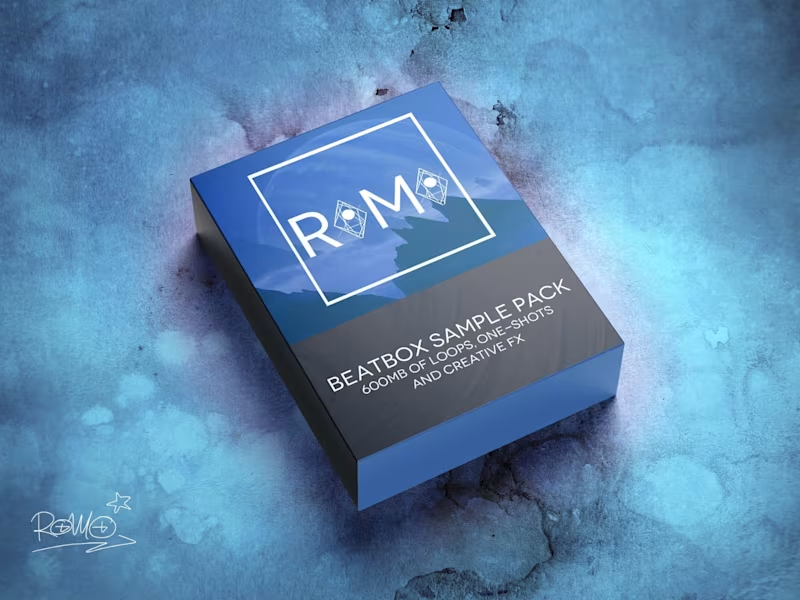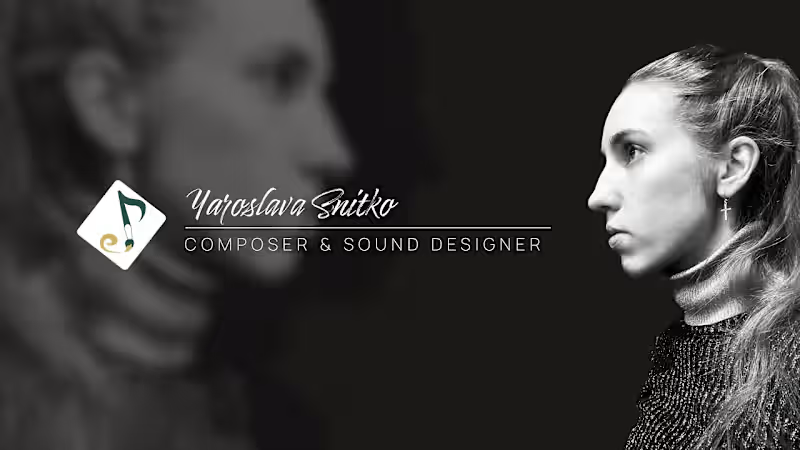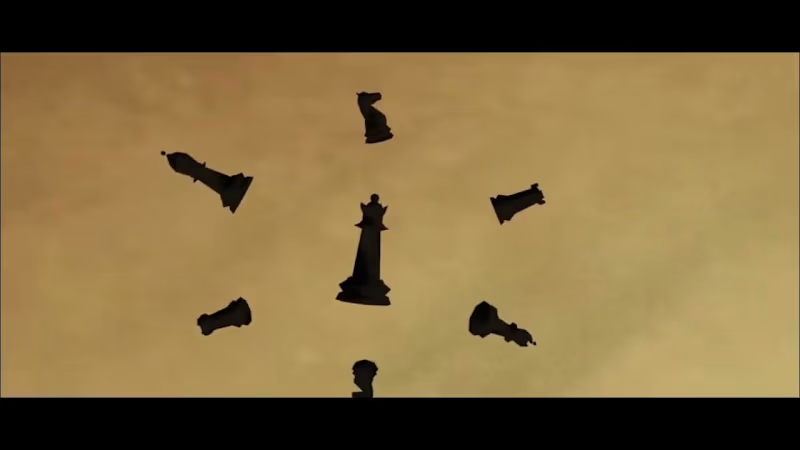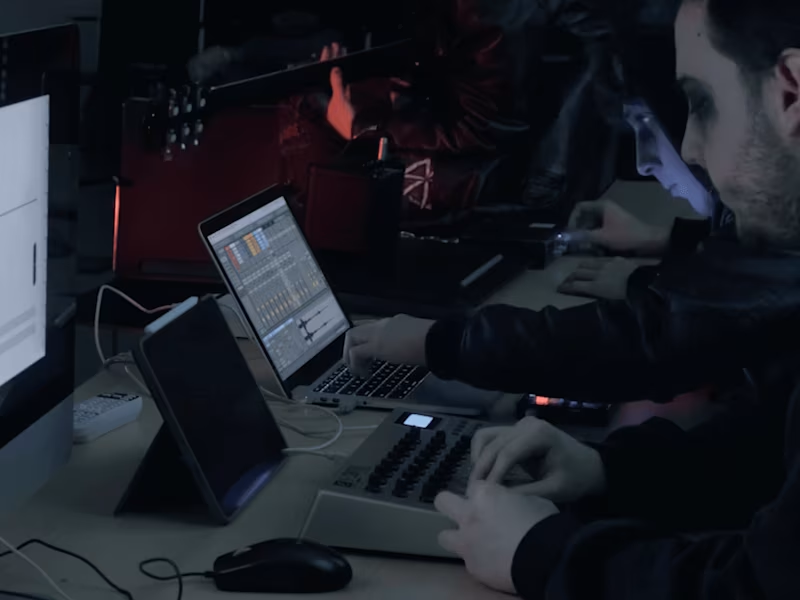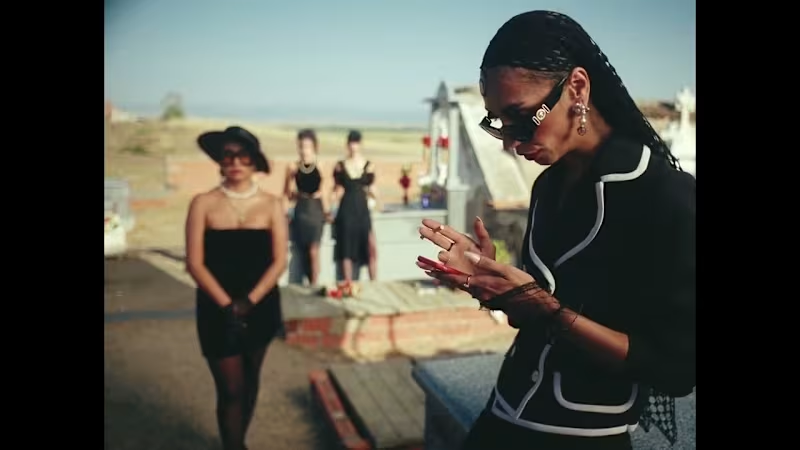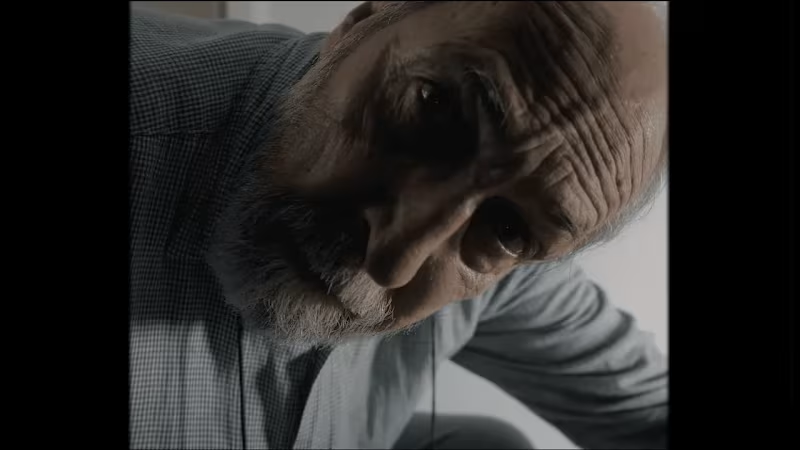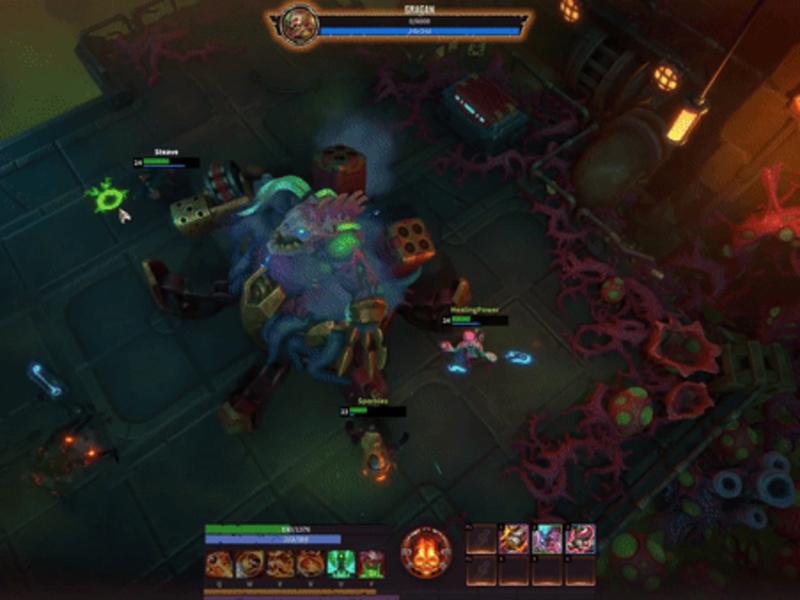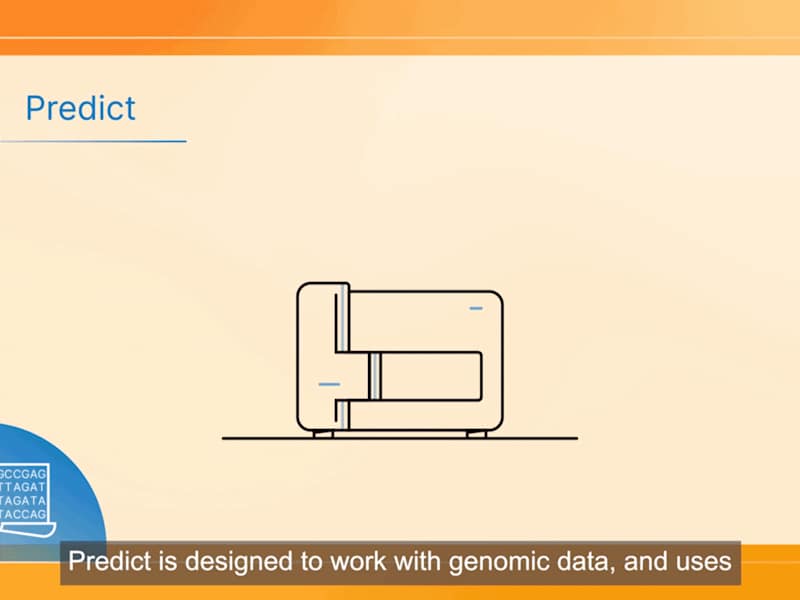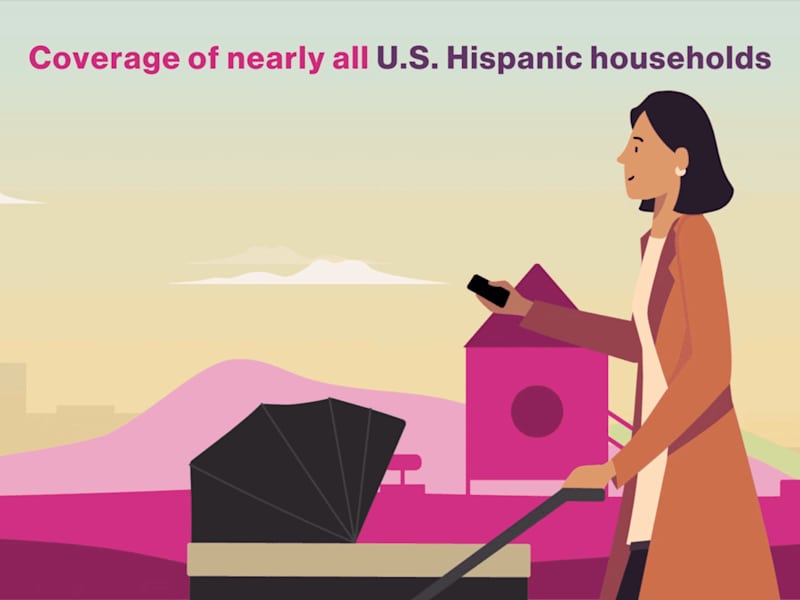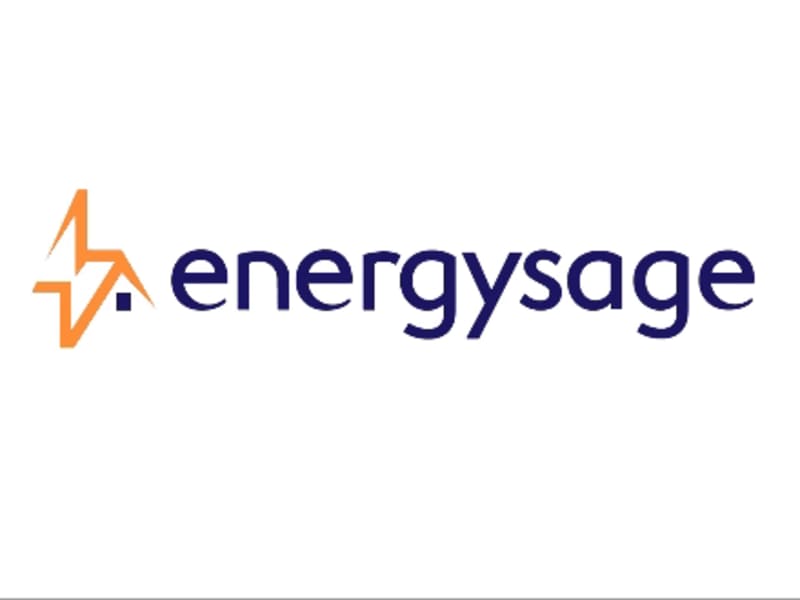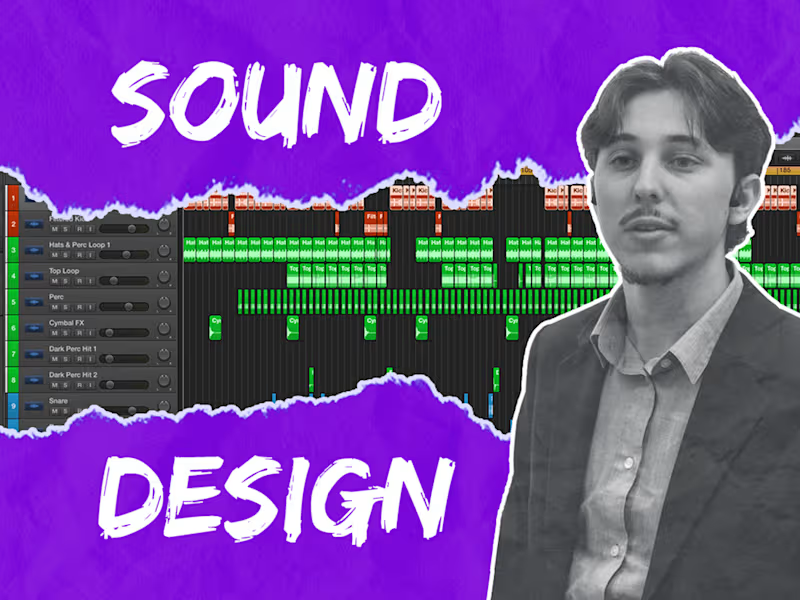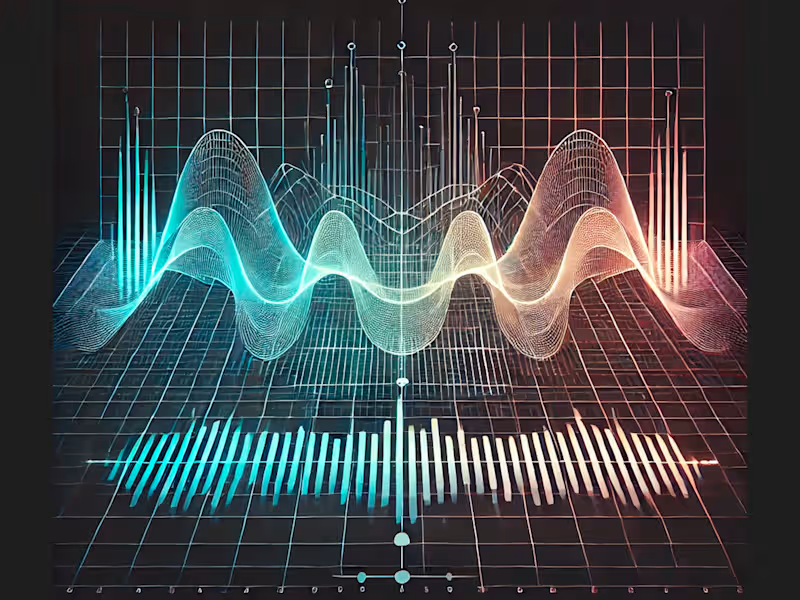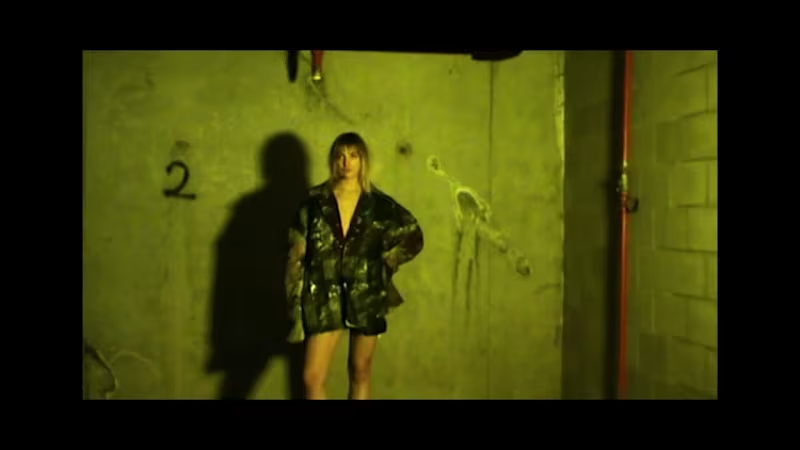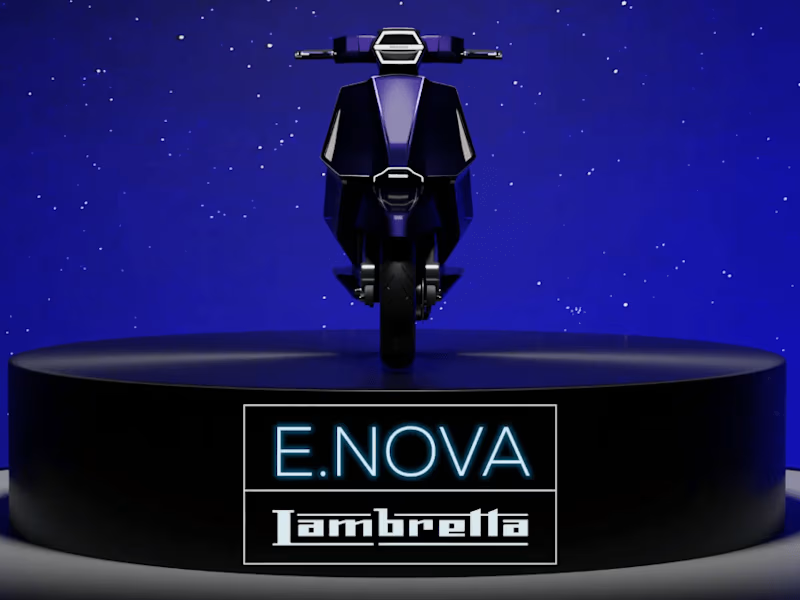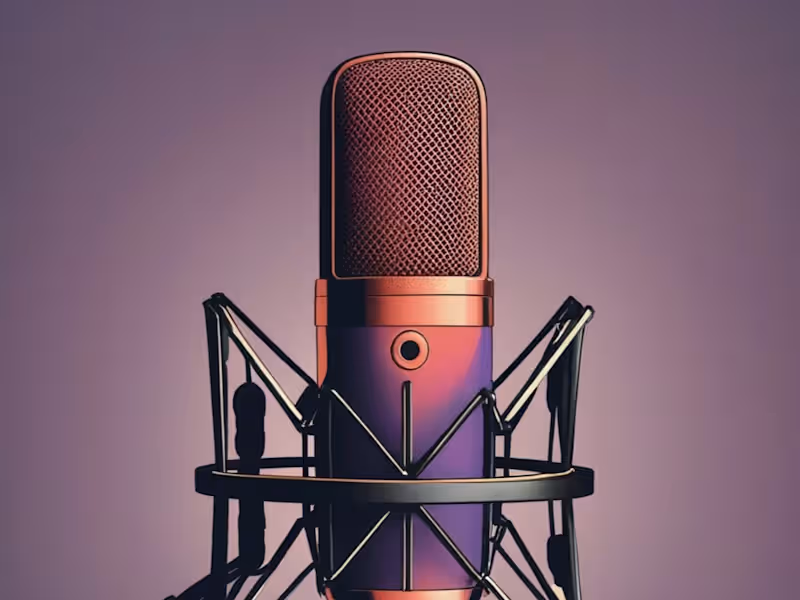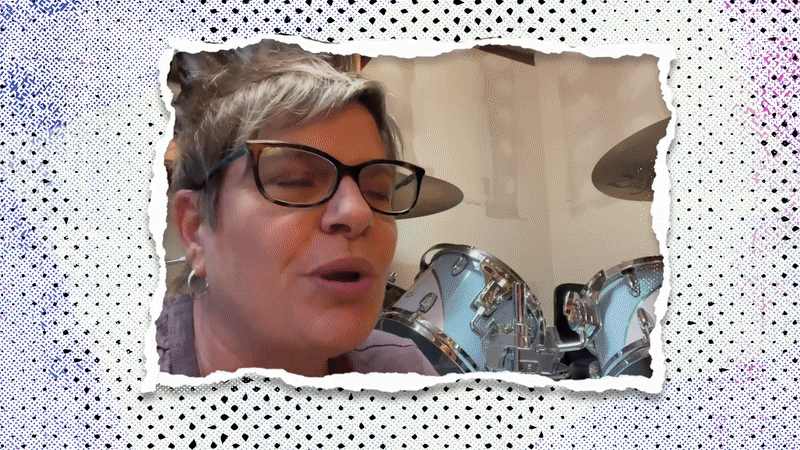What do I need in a sound effect specialist?
Think about the type of sounds you need. Maybe it's for a game, movie, or podcast. Look for someone with experience in similar projects. Make sure they have the right equipment to make high-quality sounds.
How do I know if their style matches my project?
Check their previous work. Ask for demos or samples. Decide if their style fits what you're looking for. You want your project to sound just right.
What should I include in my project brief for sound design?
Be clear about your project's needs. Include details like the type of sounds, mood, and length. Being specific helps the specialist know exactly what you want.
What is the best way to communicate about sound effects?
Regular chats or video calls can be helpful. Use clear language to describe the sounds you need. Listening to examples together might be useful too. Keep the conversation going to ensure you're both on the same page.
How can I make sure the timeline is clear?
Set deadlines for each part of the job. Talk about when each sound effect is needed. Make sure the specialist agrees to the schedule. It helps everything run smoothly.
What should we agree on before starting the project?
Agree on the list of sound effects and their details. Talk about how you will review and approve them. Knowing this saves time and avoids misunderstandings.
How can I track progress in sound design?
Ask for updates regularly. Set milestones for different stages. This helps you see how everything is moving along. Keeping track means you can spot any issues early.
Why is feedback important in sound projects?
Feedback helps get the sound just right. Listen to drafts and give clear suggestions. This ensures the final product meets your expectations. Good feedback makes a big difference.
What do I consider regarding sound effect delivery?
Decide on the file format and size you need. Talk about where and how you'll get the files. Make sure to check if they work as expected. Getting this right is crucial for your project.
How do I decide on revisions for sound effects?
Set a limit on how many changes are allowed. This helps keep the project on track. Have a plan for when changes are needed. It ensures everyone understands the process.
Who is Contra for?
Contra is designed for both freelancers (referred to as "independents") and clients. Freelancers can showcase their work, connect with clients, and manage projects commission-free. Clients can discover and hire top freelance talent for their projects.
What is the vision of Contra?
Contra aims to revolutionize the world of work by providing an all-in-one platform that empowers freelancers and clients to connect and collaborate seamlessly, eliminating traditional barriers and commission fees.































